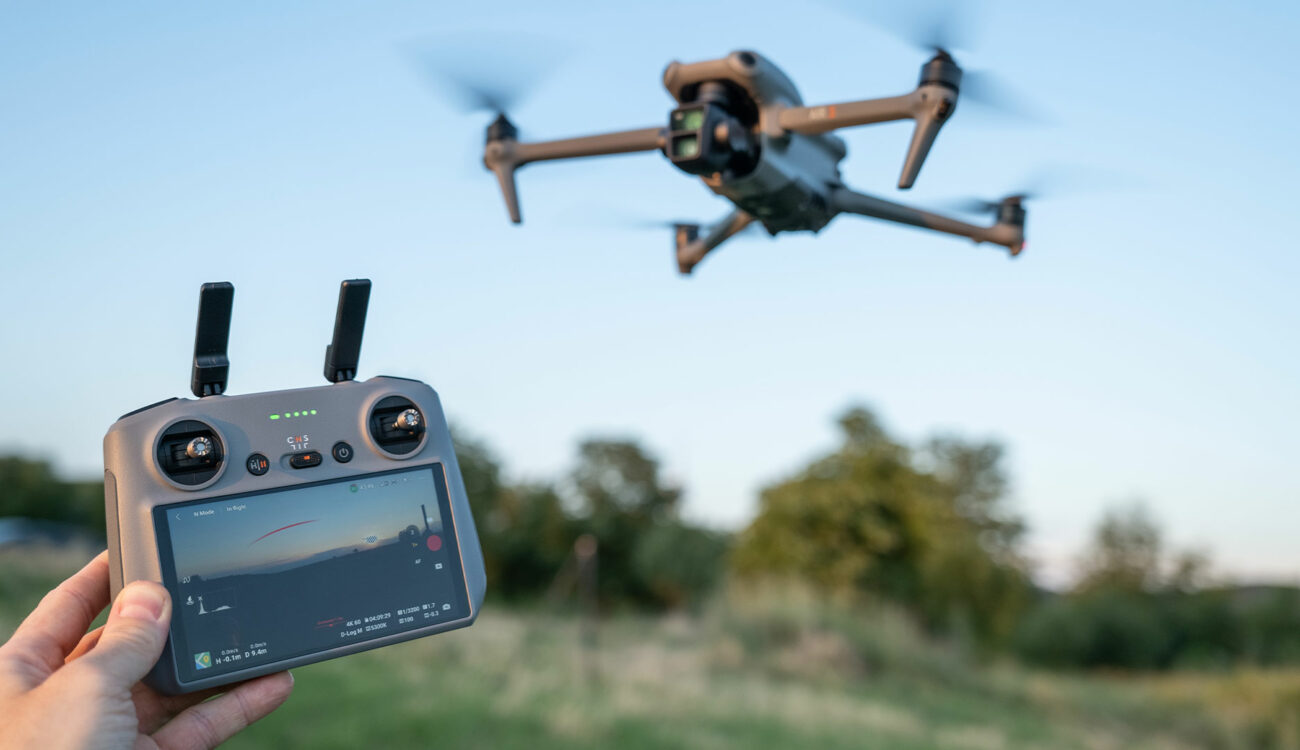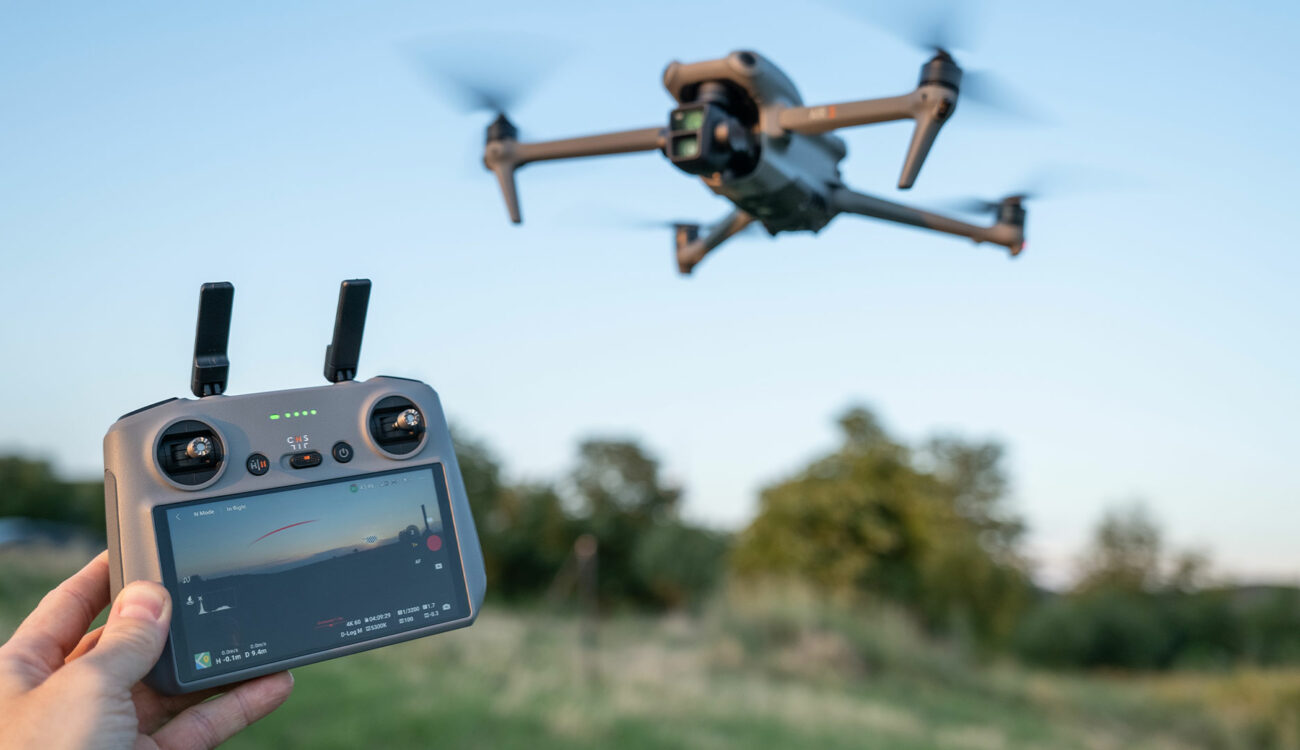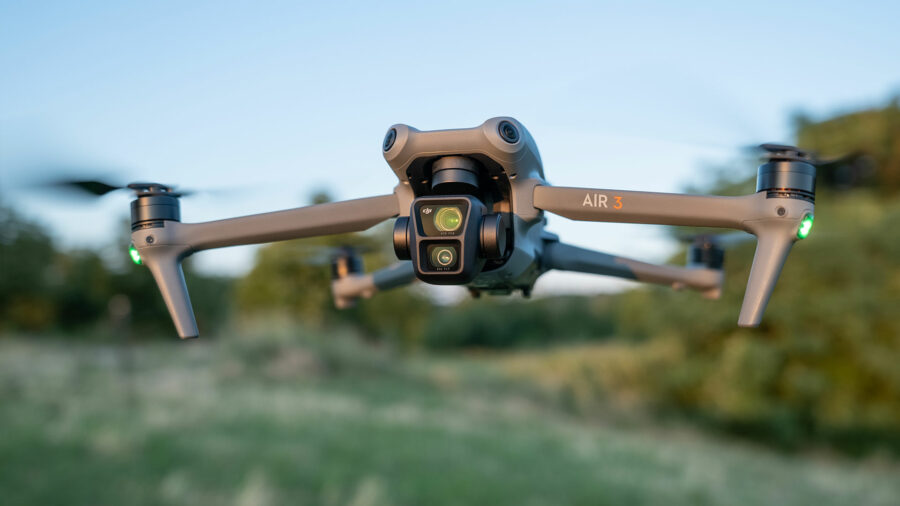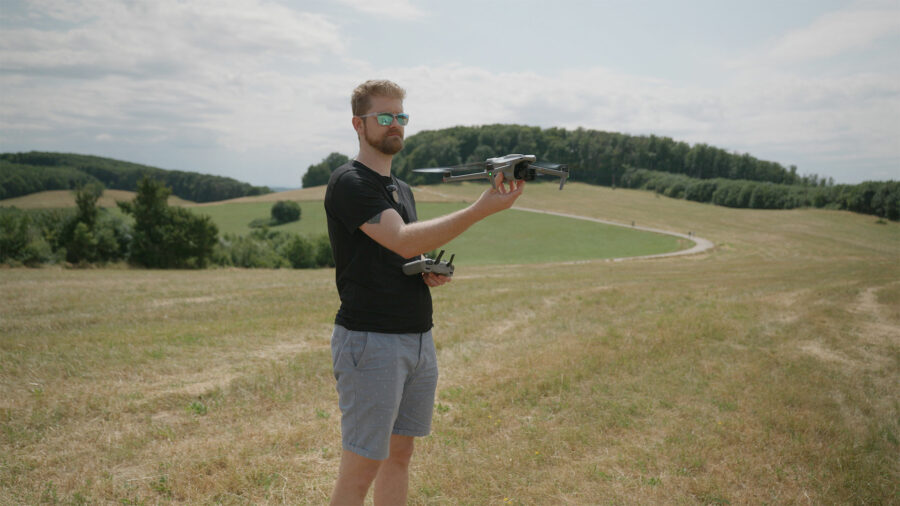

DJI and the American government feud continues as additional actions accumulate, narrowing the Chinese drone manufacturer’s options. In a recent blog post, DJI tries to debunk some basic arguments used in the recent Countering CCP Drones Act. This episode is just the latest in this ongoing conflict involving two global superpowers.
The recent Countering CCP Drones Act by Congresswoman Elise Stefanik and Congressman Mike Gallagher may prove disastrous for leading drone maker DJI. It won’t be the first clash between the American government and Chinese companies and will probably not be the last. “DJI drones pose the national security threat of TikTok, but with wings,” Congresswoman Stefanik wrote in a statement on her website. It seems both sides have valid arguments and concerns, as well as other interests in this case.

Justified concerns – DJI Countering CCP Drones Act
The United States representatives’ concerns revolve around data collection, privacy issues, and national security. While some may dismiss such arguments as conspirative, lacking evidence, etc. they’re not completely far-fetched. The CCP is not famous for its transparency regarding its relationship with Chinese corporations, and the Shenzhen Da-Jiang Innovations Sciences and Technologies Company (aka DJI) is, in fact, a Chinese corporation. USA representatives may be deemed as paranoid, but being paranoid doesn’t necessarily mean you are not being stalked.
DJI’s drones are much more than flying cameras
As a leading drone manufacturer and an innovative company in general, DJI is exposed to some serious allegations. Affordable, off-the-shelf, semi-autonomous aircraft can be used for more than establishing shots.
As the world’s most prominent drone maker, DJI potentially bears some level of responsibility for actions and deeds done using their products. But then again, it’s quite unfair to blame the company for military adaptations and weaponization done to their products by third parties or end users. I don’t have the information or tools to judge here, and neither do most of us, I assume.
DJI Countering CCP Drones Act – Data is power
The Countering CCP Drones Act, however, doesn’t seem to originate from these concerns. As for the aforementioned act, the flying camera functionality (and geographic orientation linked with it) is what raises concern. Millions of these are roaming around the world, and it seems like some American Congress representatives are not convinced that the footage stays in the confines of the drone or wherever the operator downloads and publishes it. In their blog post, DJI counters the arguments. The company denies any involuntary data collection as well as any other allegation. According to this blog post, DJI is not compelled by the Chinese government to assist in espionage, is not a Chinese military company, and does not take part in atrocities around the world. Regarding the last point, DJI points out their inability to track each and every action carried out by their off-the-shelf products, and their intensive development of safety and security systems.

Innovative, liberal ideology, or lip service?
DJI warns that the Countering CCP Drone Act will hurt competition, innovation, and the drone community. Fair arguments indeed. However, I must point out the use of American core values, and the use of democratic and capitalistic terminology to counter an act aimed at protecting those very values and the nation. Respectively, those are Republican representatives using pro-regulation claims. These contradictions emphasize the complexity of this situation, sprawling further and deeper than the professional scope I’m able to cover. From my professional visual creator stance, a loss to DJI is a loss for the entire industry, as this company cemented themselves into the field with numerous innovative and even groundbreaking products.
Who do you think is right about this conflict? Are you afraid of the growing power of DJI, or is it excessive governmental power that gives you shivers? Let us know in the comments.






